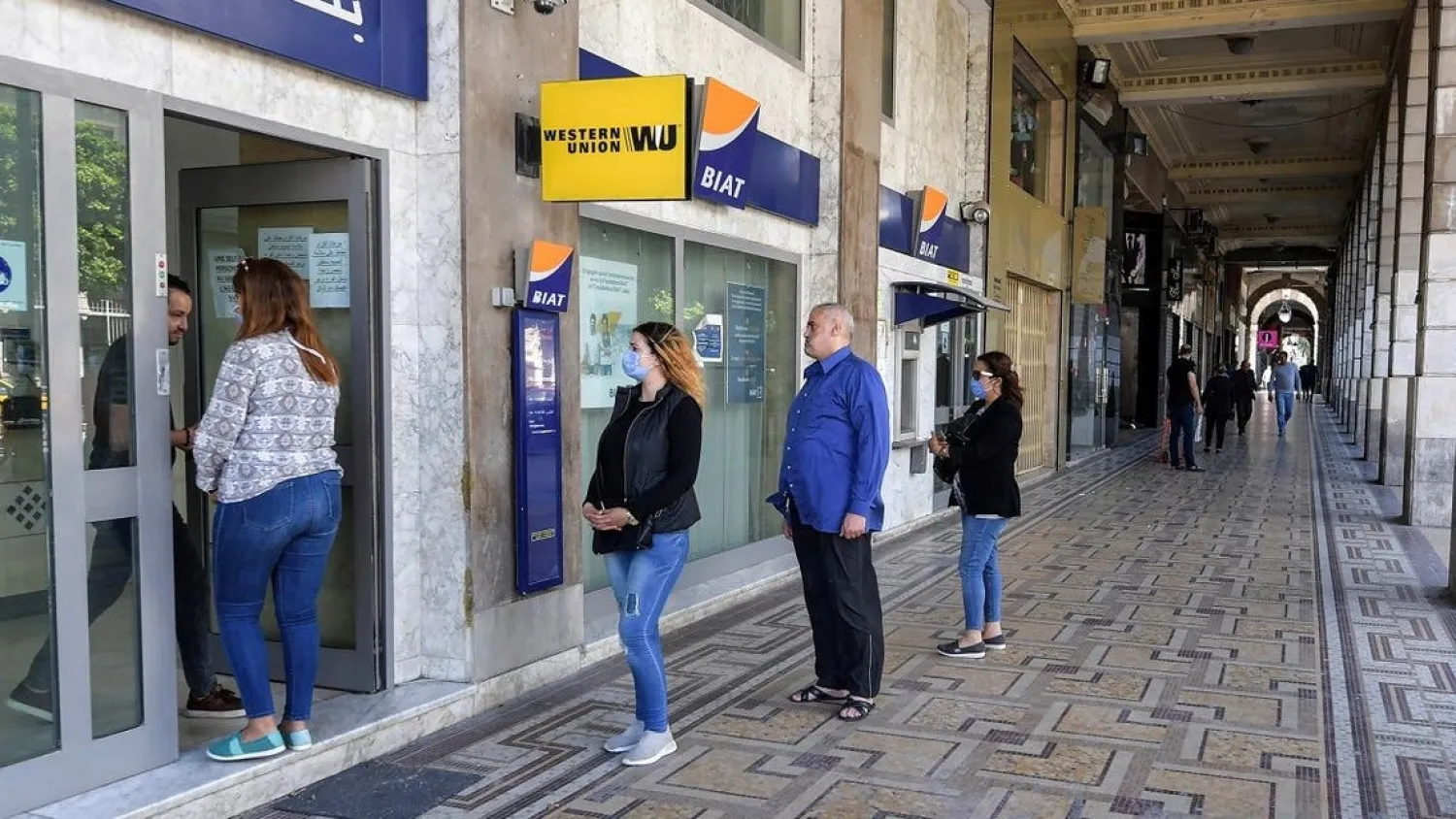Prime Minister Hichem Mechichi briefed G7 ambassadors and the EU ambassador to Tunisia on the economic recovery law, which was approved by parliament earlier this week.
He also presented the structural reforms that the country intends to carry out to overcome the economic crisis amid the ongoing coronavirus pandemic.
The ambassadors of the G7 countries expressed support to Tunisia, within the framework of the ongoing negotiations with the IMF to receive a $4 billion loan, in addition to its talks with the donor states.
The ambassadors reiterated their readiness to back Tunisia’s efforts to improve the economy and encourage investments. They expressed support to the country as it struggles with the pandemic amid its crippling economic crisis.
The economic recovery law will reduce taxes for real estate investors and allow companies to settle foreign exchange violations by paying due fees at an interest of 10 percent.
It will also reduce cash payments by adding a 5 percent charge, supporting a move to bank card transactions and online purchases.
Tunisia saw its debt burden rise and economy shrink by 8.8 percent in 2020, with a fiscal deficit at 11.4 percent of output. Gross domestic product (GDP) shrank 3 percent in the first quarter of 2021 from a year ago.









